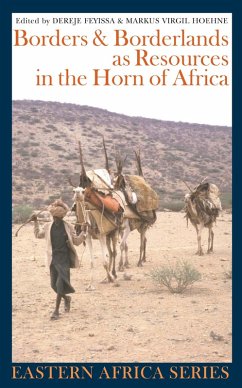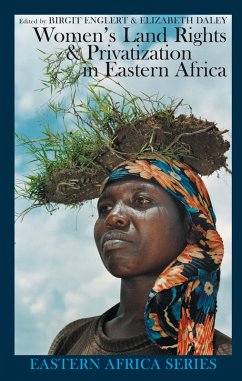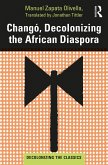Borders offer opportunities as well as restrictions, and in the Horn of Africa they are used as economic, political, identity and status resources by borderland peoples.
State borders are more than barriers. They structure social, economic and political spaces and as such provide opportunities as well as obstacles for the communities straddling both sides of the border. This book deals with the conduits and opportunities of state borders in the Horn of Africa, and investigates how the people living there exploit state borders through various strategies.
Using a micro level perspective, the case studies, which includethe Horn and Eastern Africa, particularly the borders of Djibouti, Eritrea, Ethiopia, Sudan, Somalia, Kenya, Uganda and Tanzania, focus on opportunities, highlight the agency of the borderlanders, and acknowledge the permeabilitybut consequentiality of the borders.
DEREJE FEYISSA, Max Planck Institute of Social Anthropology, Halle, Germany; MARKUS VIRGIL HOEHNE, Max Planck Institute of Social Anthropology, Halle, Germany.
State borders are more than barriers. They structure social, economic and political spaces and as such provide opportunities as well as obstacles for the communities straddling both sides of the border. This book deals with the conduits and opportunities of state borders in the Horn of Africa, and investigates how the people living there exploit state borders through various strategies.
Using a micro level perspective, the case studies, which includethe Horn and Eastern Africa, particularly the borders of Djibouti, Eritrea, Ethiopia, Sudan, Somalia, Kenya, Uganda and Tanzania, focus on opportunities, highlight the agency of the borderlanders, and acknowledge the permeabilitybut consequentiality of the borders.
DEREJE FEYISSA, Max Planck Institute of Social Anthropology, Halle, Germany; MARKUS VIRGIL HOEHNE, Max Planck Institute of Social Anthropology, Halle, Germany.
Dieser Download kann aus rechtlichen Gründen nur mit Rechnungsadresse in A, D ausgeliefert werden.









